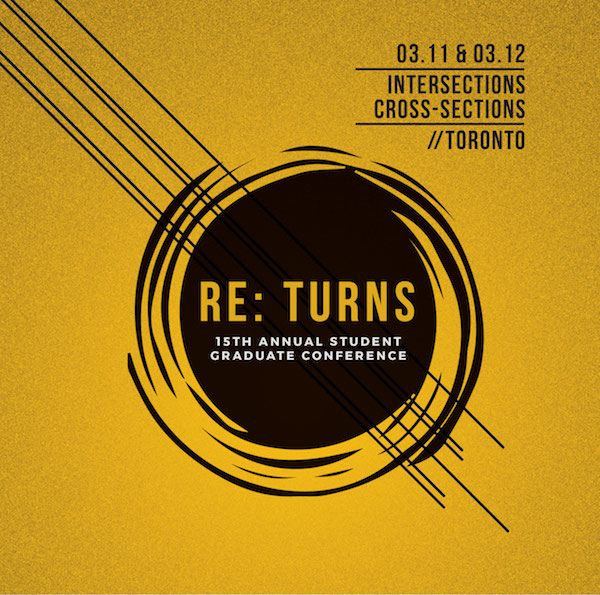What Does Affect Theory Do? Or, How to Pay Attention to the Possibilities of Attending
DOI:
https://doi.org/10.25071/1718-4657.36773Abstract
The present paper explores the role of affect theory in social and political critique, specifically in terms of how it relates to modes of attending in the context of theorizing. In this regard, I examine why affect theory has markedly reshaped the contours of social and political academic discourse in recent decades, and what alternatives to theorizing it introduces or enables new openings to. In order to answer these questions, I delve into the works of various scholars who use affect theory as a framework for theorizing. I posit that engaging in an affective mode of attending enables attention to structures of bifurcation rather than binaries, by conceptualizing theory in terms of beside-ness rather than beyond-ness. In doing so, I aim to shed light on what an affective mode of attending might be, and what affect theory can teach us about what it means to attend, or how to engage in alternative attendings. I conclude the paper with a consideration of the ‘So what?’ question—in other words, why is the attention to attending significant? By attending to the possibilities inherent in alternative attendings, affect theory illuminates that there need not be ‘outside-ness’ understood in the sense of ‘beyond-ness’ for there to be an out- side in the sense of an alternative. To attend to something from a different stance, which then conditions different contours for the possibilities enabled from that stance, means that there exist multiple ‘outsides’ from within the supposed ‘inside’.

